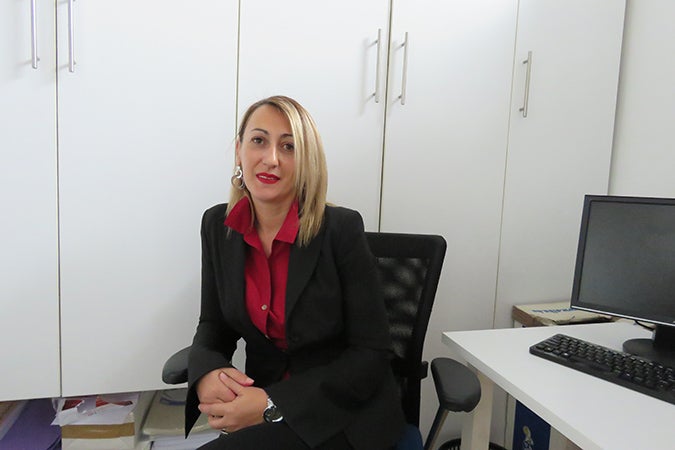In the words of Meliha Sendic: “The COVID-19 crisis shouldn’t be used against women”
Date:

With the full understanding that all social resources are currently being channelled into combating the spread of COVID-19, it is not right that women and children survivors of violence do not receive the minimum resources needed to access support and assistance.
The most vulnerable groups of women that live under the risk of violence, such as women with disabilities, civilian victims of war, Roma women, elderly women, single mothers, and rural women, are not recognized while planning and implementing support and assistance measures in an emergency, which is the case now.
There is less monitoring now over whether protective measures are being respected by abusers. This is because police are assigned to other priority duties and tasks such as monitoring compliance with the isolation measures and curfew. Monitoring of safeguarding measures against perpetrators of violence has also been reduced.
Before the COVID-19 outbreak, a woman had the opportunity to seek help while her violent partner was away from home and her children were at school. Now that she is further isolated, that possibility is minimized and her contact with others is reduced. This puts women at a more vulnerable position.
Existing SOS phone lines do not meet the increased needs and demands of clients for direct professional and specialized support and mediation with institutions. Women who referred to us recently did not call SOS helplines. They needed concrete support to facilitate direct contact with the police or other institutions, and to buy food for children. Counselling with professional therapists and lawyers are also needed.
We believe that we will face an upward trend in reporting violence to us, instead of the institutions, because of their limited capacities at the moment and the inability of women to go to a place where this help could usually be obtained.
Women's issues and needs must be taken into account. We don't all need the same support. Not all needs are met by sharing flour and oil.
We are happy that the authorities from the city of Zenica, a small city in Bosnia and Herzegovina, started a free phone line to provide free legal aid and psychological support to women survivors of violence and women at risk of violence, including from vulnerable groups.
State institutions must be a reflection of society. They must have a strong message to potential abusers. The message must be that anyone who even thinks of using this situation against women and children will be punished.”